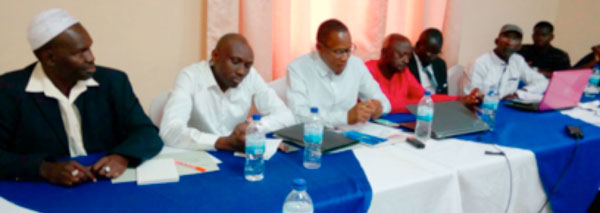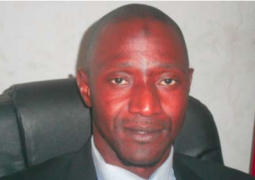
Momodou
Sidibeh, assistant director of fisheries at the Department of Fisheries has
stated that by-catch remains one of the biggest challenges affecting fisheries
management.
Speaking
at the opening of a two-day training for board national observers, Mr Sidibeh
said the government through the department of fisheries is aware of the
importance of by-catch, hence it is in the legislation.
The
training was convened to equip the observers on board fishing vessels with a
view to minimise accidental catch of seabirds and turtles.
“However,
we’re working towards reviewing the legislation that will give prominence to
by-catch issues. In fact, it is
interesting to see some registered vessels that are registered to catch fish
for instance but most of the landing becomes streams.”
He
said the management of by-catch is complex as it involves a lot of scientific
activities and one of which is through capacity building.
The
training is also meant to develop the capacity of fisheries observers, to equip
them with the skills and knowledge and to enable them to handle by-catch
issues.
“Our
mission is to train you so that when you are in the vessels you will know how
to handle cases of by-catch. You are the eyes and police of the government at
sea, so your mission is to make sure that these resources are exploited in the
right manner that will benefit the present and future generations.”
Ahmed
Diame, project manager of Birdlife International said seabirds and sea turtles
by-catch in the industrial fisheries in West African is an initiative funded by
MAVA Foundation and implemented by Birdlife International.
He
said the training is one of the key focus areas of the project. “The training
is part of a series of training that were held in Senegal and Guinea, among
other countries. Therefore, we will give you the skills that will enable you to
start working at the sea and such training will continue nationally.”
Mr
Diame said Seabirds and sea turtles birds catch are the biggest challenges the
fisheries sector is facing today, saying that the problem in West African is
lack of data.
Omar
S.M Gibba, deputy permanent secretary at the Ministry of Fisheries, underscored
the significance of the training, maintaining that the observer group plays a
significant role in the ministry of fisheries.
Read Other Articles In Article (Archive)


